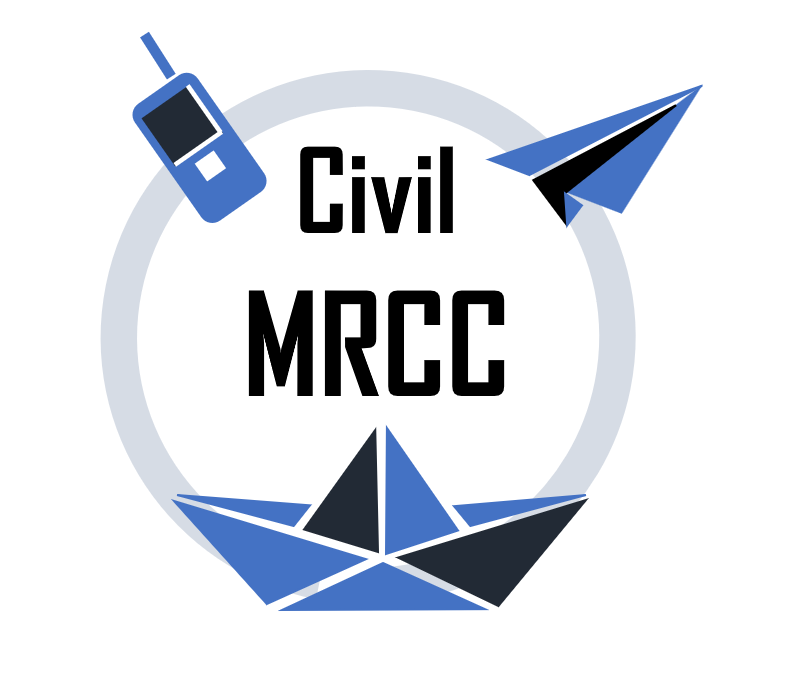In November 2024 the website trans-border.net published a talk between activists from Precarious Di∫connection in Bologna/Italy – engaged in the platform for a Transnational Social Strike (TSS) – and from no one is illegal in Hanau/Germany – engaged in the transnational network Alarm Phone (AP).
Both groups move continuously in the perspectives of global social struggles with a strong connection to movements of migration. Both are convinced in transnational organizing to challenge and to try to overcome the system. The talk is structured around nine questions to reflect and rediscuss various experiences and perspectives. As a teaser we have re-printed here the first question and the two answers:
Question: You move continuously in transnational networks, both – TSS and AP – with a tradition of about 10 years. What is your best-case vision after another 10 years? Where do you want to be in 2034? With TSS in another level of simultaneous strikes? With AP in self-organised ferries against Frontex?
Precarious Di∫connections (P.D.): Ten years is a huge amount of time when considered in political terms. But then the question makes clear that ten years have already passed by since the beginning of the TSS initiative. So, the imagination of the future must confront the fact that the continuity of political initiative is a continuous challenge. It is hard to formulate an expectation when things around are changing so rapidly. Since the beginning, the aim of the TSS has been that of reading events that were as much important as unconnected – single strikes in the workplaces, like the struggle in the US fast food restaurants for a minimum wage, migrants’ struggles, national protests like the one against the Loi travail in France – as parts of a transnational “strike movement.” This attempt coincided, first, with a redefinition of the strike beyond the traditional idea of an interruption of production, often monopolized by unions.
As a social and transnational movement, the strike became for us also the name of a collective capacity to refuse the social and political conditions of exploitation. Consequently, the strike movement pointed to the necessity of realizing the political infrastructure, that is the organization, which is required to support and foster it beyond specific events.
Thus, if we are asked to imagine the future, we do not imagine so much a huge coordinated action, but rather the improvement and consolidation of an organization which allow us both to be ready for tackling rapid changes and turning them into opportunities, and to consolidate the subversive force of social movements which otherwise risk to dissolve when single mobilizations come to an end.
no one is illegal/Hanau (noii): Yes, now in October 2024 Alarm Phone turned ten and it is still an incredible story. One example: When we started in October 2014, we did it mainly in reference to the situation in the central mediterranean. But we could not imagine in which way our hotline could also intervene in the Aegean Sea as it was dominated – already during this time – by permanent push backs through the Greek Coastguards.
But in 2015 the situation completely changed, and the movement of migration overrun sea- and land borders, they opened step by step the Balkan route and it happened unexpectedly in what we call the summer of migration. Alarm Phone then received – in contact with Syrian, Iraqi and Afghan communities on the move – hundreds of calls and could support these autonomies of migration in its best way. What we want to say and what we learned again in 2015: the dynamics of social movements can challenge and change a seemingly “stable” repressive situation in a few weeks or months. From 2016 on up to today we had to follow a constant backlash with an unbearable “normalization” of death at sea and a brutalization of the pull- and pushback-regime. But we should never exclude counter developments happening again.
So our dream for 2034 is of course another and more long-term break through and against the EU border- and visa-regime – with “Ferries not Frontex” as a realized slogan to assert safe passages and to end the death at sea. At the same time, we know that this might only be possible as part of a wider cycle of struggles for global justice.

Full interview available on 3 languages (English, Italian, German):
https://trans-border.net



